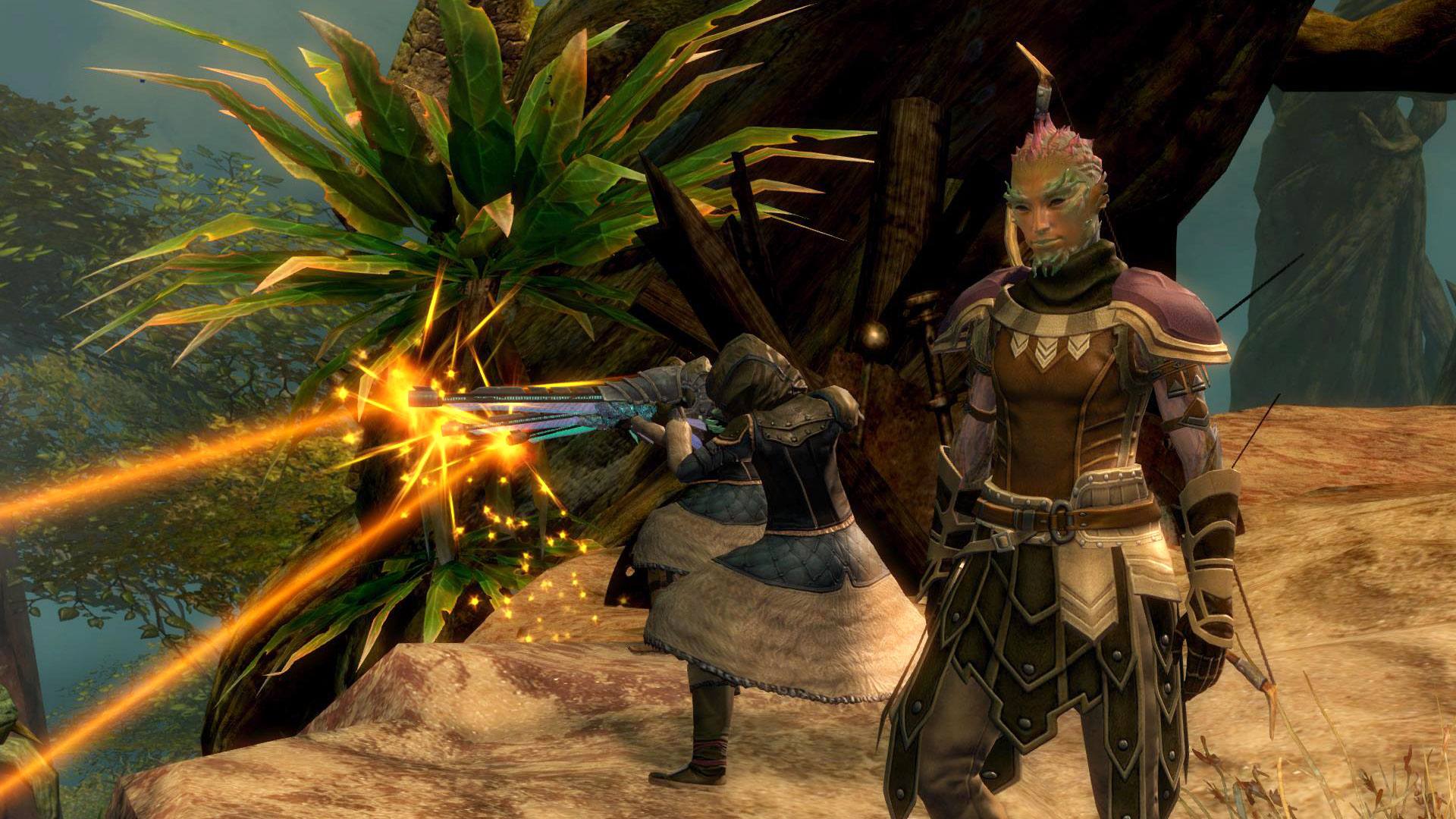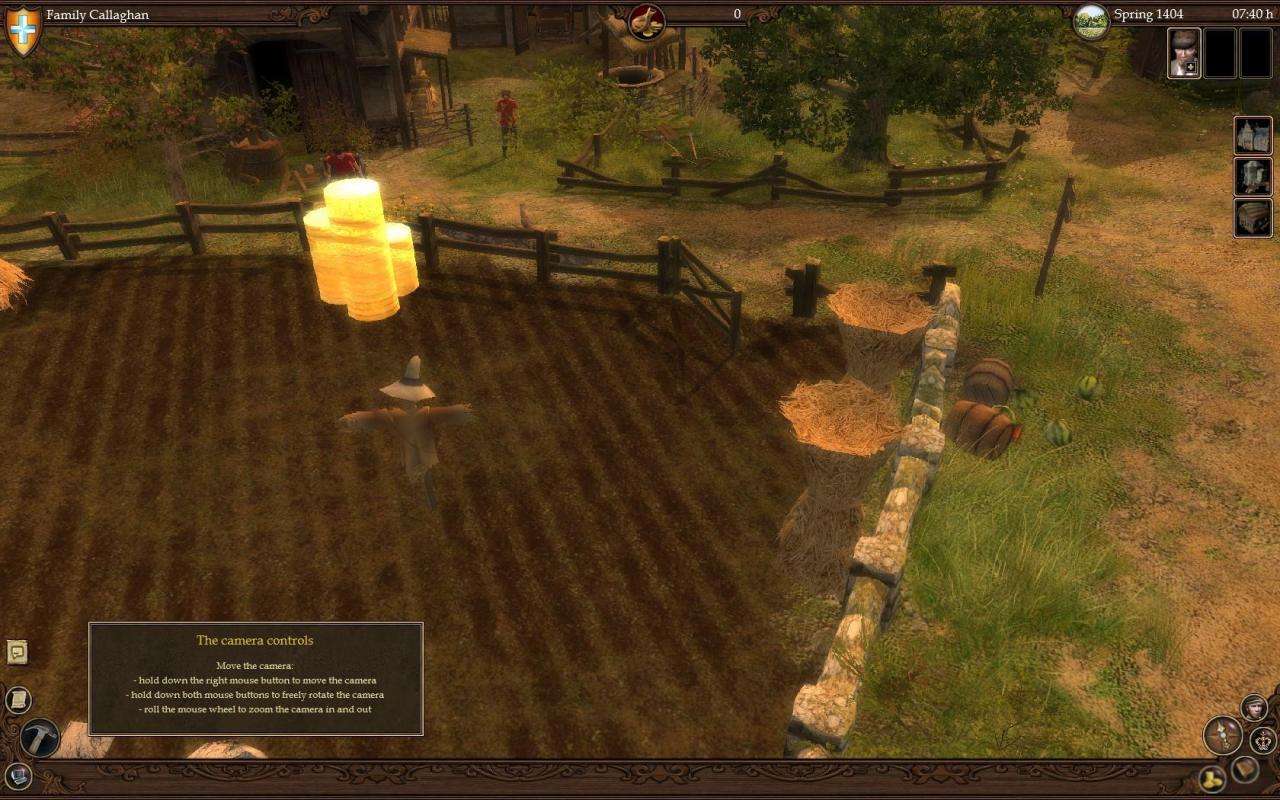

With this humble start, you'll try to build up your dynasty (your family name) into something that can live on long after you've passed on.īut even the aspect of death isn't the end-all in the Guild 2. There's the craftsman, who creates the tools and clothing, and then there's the rogue, which, instead of making things, steals them, either through some pick-pocketing or all-out attacks on trading carts. The scholar is the world's educated, dabbling in alchemy but also becoming priests to convert the masses.

The patron, for example, is the farmer and inn keeper of the game, and is responsible for keeping the market stocked with vegetables and alcohol. You can choose your class at the beginning of the game, and they have a fair amount of variety to what they do. These scenarios are just varieties on a few scenarios, just changing the size and number of towns that you can interact with. In the Guild 2, you start out with a peasant and a family name in a variety of settlement scenarios. The result is much like the first, with some good new features, but heavily plagued with its own share of problems.

I had fun running a smithy in olde-time England, and so when I heard there was a sequel coming out, I was obviously quite interested. Way back in the day, I played The Guild and felt it was something new in the strategy genre, a tycoon game set in the middle ages.


 0 kommentar(er)
0 kommentar(er)
